Urgent
UAE Fuel Price Committee announces prices for January
 Gold set for best year in nearly half a century
Gold set for best year in nearly half a century
 Korea's consumer prices up 2.1% in 2025
Korea's consumer prices up 2.1% in 2025
 UAE steps up citizen housing initiatives in 2025
UAE steps up citizen housing initiatives in 2025
 Natural gas accounts for 70% of portfolio output: Mubadala Energy COO
Natural gas accounts for 70% of portfolio output: Mubadala Energy COO
 World Customs Organisation praises Dubai Customs' Cross-Border E-Commerce Platform
World Customs Organisation praises Dubai Customs' Cross-Border E-Commerce Platform
 TAQA, EWEC announce financial closing for 1GW Al Dhafra Power Plant
TAQA, EWEC announce financial closing for 1GW Al Dhafra Power Plant
 UAE Government issues Federal Decree Law on Higher Education and Scientific Research
UAE Government issues Federal Decree Law on Higher Education and Scientific Research

 Gold set for best year in nearly half a century
Gold set for best year in nearly half a century
 Korea's consumer prices up 2.1% in 2025
Korea's consumer prices up 2.1% in 2025
 UAE steps up citizen housing initiatives in 2025
UAE steps up citizen housing initiatives in 2025
 Natural gas accounts for 70% of portfolio output: Mubadala Energy COO
Natural gas accounts for 70% of portfolio output: Mubadala Energy COO
 World Customs Organisation praises Dubai Customs' Cross-Border E-Commerce Platform
World Customs Organisation praises Dubai Customs' Cross-Border E-Commerce Platform
 TAQA, EWEC announce financial closing for 1GW Al Dhafra Power Plant
TAQA, EWEC announce financial closing for 1GW Al Dhafra Power Plant
 UAE Government issues Federal Decree Law on Higher Education and Scientific Research
UAE Government issues Federal Decree Law on Higher Education and Scientific Research



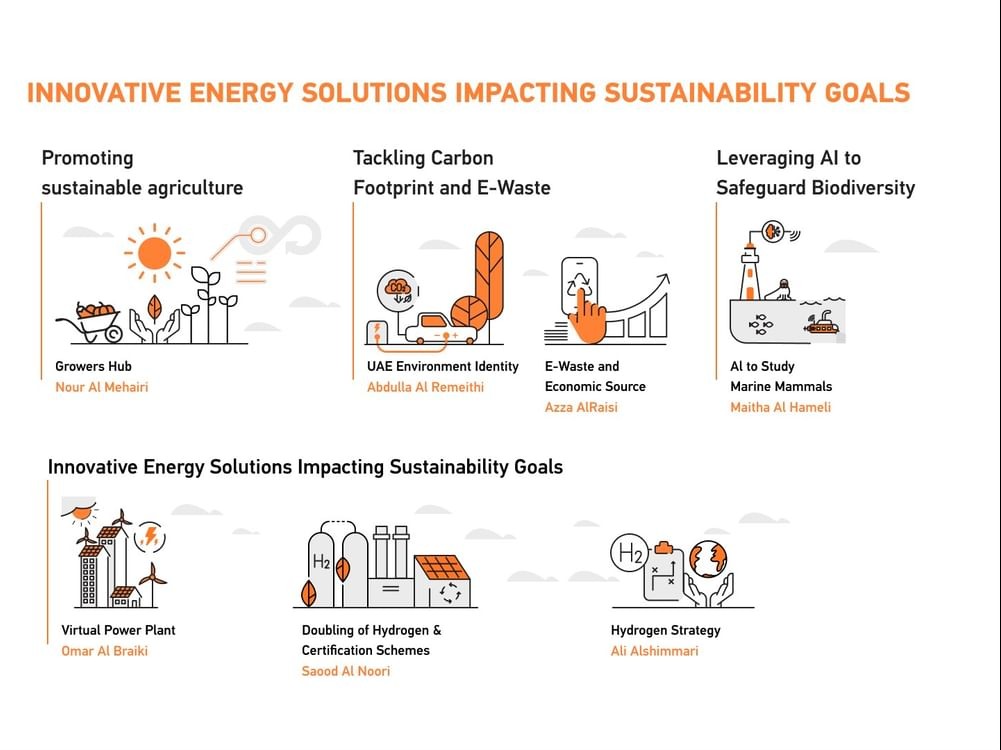

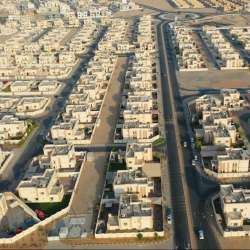
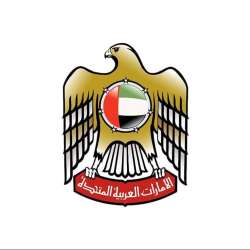
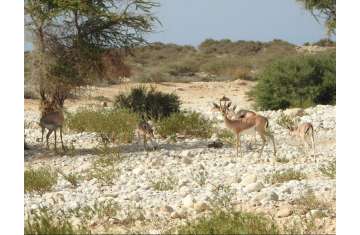
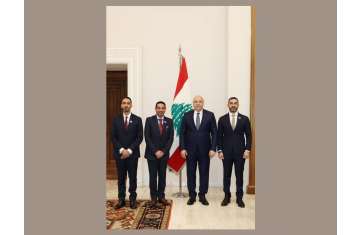
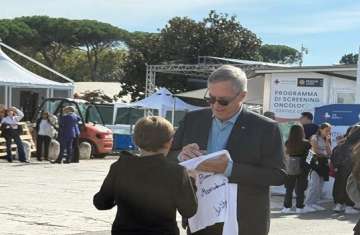
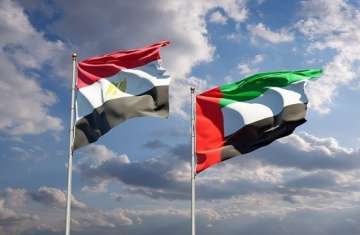
Comments